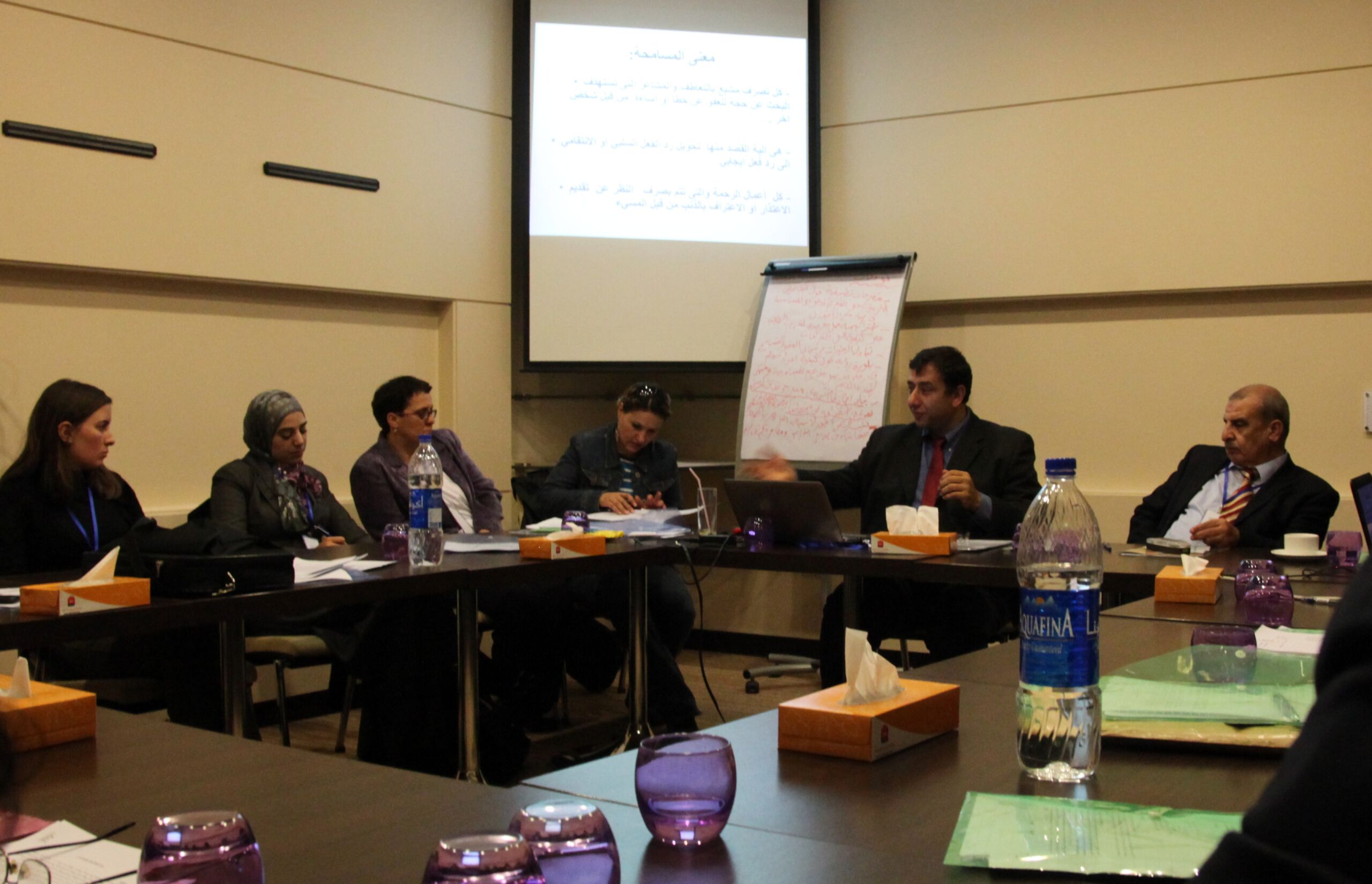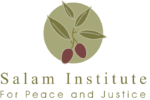The Forgiveness Project
The “Forgiveness” study conducted by Dr. Ilham Nasser and Dr. Mohammed Abunimer with support from the Salam Institute for Peace and Justice and generous funding from the Fetzer Institute aimed to shed light on attitudes towards forgiveness by examining responses to cultural and social conflicts amongst teachers in Egypt, Jordan, Lebanon, Palestine, and Iraq. The research agenda sought to understand the conditions that support attitudes promoting forgiveness, the major cultural values and beliefs that encourage or obstruct the act of forgiveness, and finally, the role that educators play in teaching and promoting forgiveness among youth in Arab schools.
Data was collected from Arab teachers in the above countries using surveys and interviews and the results were published in educational journals. The research outcomes have implications for educators as well as conflict interventions in the Arab context. The results of the study guided a group professionals in peace education and curriculum design in developing a comprehensive curriculum focused on teaching for forgiveness to youth in the Arab world. Follow this link to “Forgiveness” page for most recent copies of
a. Teaching for forgiveness curriculum in Arabic
b. A brief summary in English
c. The most recent publications on the topic by Drs. Nasser and Dr. Abu-Nimer.
Making Peace with Faith
The Challenges of Religion and Peacebuilding
EDITED BY MICHELLE GARRED AND MOHAMMED ABU-NIMER
Although religion is almost never a root cause, it often gets pulled into conflict as a powerful element, especially where conflicting parties have different religious identities. Every faith tradition offers resources for peace, and secular policy makers are more and more acknowledging the influence of faith-based actors, even though there remains a tendency to associate religion more with conflict than peace. In this text, practitioners from different faiths relate and explore the many challenges they face in their peacebuilding work, which their secular partners may be unaware of. The contributors are all practitioners whose faith or religious experience motivates their work for peace and justice in such a way that it influences their actions. Their roles are diverse, as some work for faith-based institutions, while others engage in secular contexts. The multiple perspectives featured represent multiple faiths (Muslim, Christian, Hindu, Buddhist, Jewish), diverse scopes of practice, different geographic regions.
Each chapter follows a similar template to address specific challenges, such as dealing with extremist views, addressing negative stereotypes about one’s faith, endorsing violence, developing relations with other faith-based or secular groups, confronting gender-based violence, and working with people who hold different beliefs. In this text, practitioners from different faiths relate and explore the many challenges they face in their peacebuilding work, which their secular partners may be unaware of. They provide a comprehensive view of the practice of peacebuilding in its many challenging aspects, for both professionals and those studying religion and peacebuilding alike.

